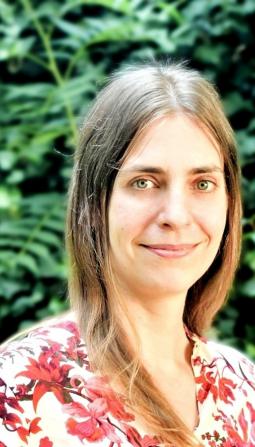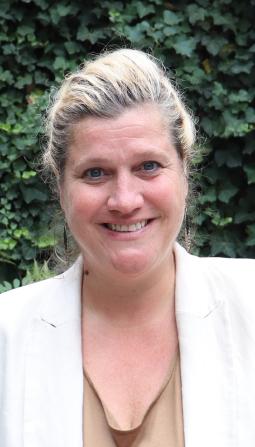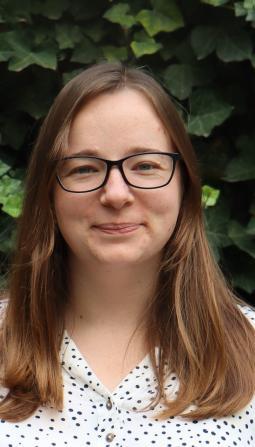
Smart Specialisation WG: Call for examples of benefits from PRI
The ERRIN Smart Specialisation Working Group is looking for 2-3 members who would like to showcase the benefits they perceived for their ecosystem from engagement in the Partnerships for Regional Innovation (PRI) initiative so far. The examples will be presented in the upcoming S3 WG meeting on “S3 and PRI - the way ahead”, to be held online on 25 June from 10:00-11:30 CEST, following an update from the JRC on the latest and upcoming developments and opportunities with regard to PRI.
Each presentation should take 5-7 minutes and focus on perceived added value of PRI involvement. This could be e.g. building the ground to apply to calls such as Regional Innovation Valleys, or further developing regional S3 ambitions in the light of current and future challenges.
ERRIN members interested in showcasing their experience and helping explore the potential benefits of involvement for potential future participants, are invited to reach out to ewa.chomicz@errin.eu by 13 June, with a short description of what they would like to present. As the meeting will be held online, foreseen speakers don’t have to be based in Brussels.
You may find more details about the meeting and registration link here.
- Ewa Chomicz
- 03 June 2024
-
Deadline13 June 2024
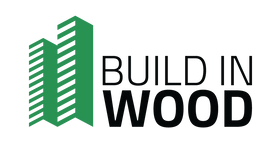
Expression of interest open to join the Build In Wood Replication Cluster
The H2020 Build in Wood project has recently launched an Open Call for Affiliation to join the so-called "Replication Cluster". The Cluster - hosted on the project's digital platform, the Build-in-Wood Community - is intended to support the access of cities, metropolitan areas, regions, policymakers and planners to technical and policy knowledge for achieving their Net Zero 2050 ambitions related to the built environment.
Being part of the BIW Replication Cluster will seize the opportunity to share experience/know-how related to the decarbonization of the construction sector through online webinars, receive feedback, and contribute to policy dialogue and recommendations to tackle the challenge of reducing embodied carbon from the built environment.
Interested people can join the BIW Replication Cluster by filling the Affiliation Form at the following link: https://ec.europa.eu/eusurvey/runner/Open_Call_For_Affiliation_Build-in-Wood
---
Running from 2019, Build-in-Wood is devoted to promoting the use of timber as a first-choice material for the construction of multi-storey buildings throughout Europe.
BIW strongly encourages the involvement of local authorities in the project development, being supported from the outset by 7 "Early Adopter Cities", including Amsterdam, Trento, Trondheim, Innsbruck. The project is participated by 19 partners, including Habitech, a cluster organization based in the Province of Trento, representing the regional construction and energy value chain.
Over the years, the project has allowed Habitech to work at the local level to raise awareness on timber buildings through the cooperation with the city of Trento, by organizing several local workshops and public events dedicated to citizens, stakeholders and policy makers.
- Gabriele Pedrini
- 03 June 2024

Input for the candidate Partnership on Social Transformations and Resilience
ERRIN’s Science and Education for Society Working Group co-leaders have been following the ERA action 11.3, 'An ERA For the Green Transformation', in particular the specific subaction ERA4FutureWork.
DG Employment has shared the first documents for the candidate Partnership for Social Transformation and Resilience with four predefined objectives:
- social protection and essential services
- future of work
- education and skills
- a fair transition towards climate neutrality.
We invite ERRIN members to indicate the R&I Topics that should be addressed by 14 June 13:00 CEST. If you are interested in providing input and feedback on the proposals, please send an e-mail to astrid.hannes@errin.eu. Members willing to contribute will then be added to the collaborative space on MS Teams and will be able to add their contributions and inputs directly to the documents.
The ERRIN Secretariat will submit the feedback and voice ERRIN members' contributions in the next participatory workshop organised by the European Commission on 2 July.
- Astrid Hannes
- 03 June 2024
-
Deadline14 June 2024
Astrid Hannes

Express interest for Cancer Mission Call: HORIZON-MISS-2024-CANCER-01-03
ERRIN is seeking expressions of interest from regions in widening countries with an interest in joining a consortium for Horizon Europe Cancer Mission Call HORIZON-MISS-2024-CANCER-01-03: Accessible and affordable tests to advance early detection of heritable cancers in European regions.
The call aims to validate, pilot and upscale genetic, multi-omics, or other biomarker-based tests for early detection of cancers with underlying heritable genetic risks. Each consortium should feature three pilot regions, with one of the three regions should be within the following Member States: Bulgaria, Croatia, Cyprus, Czech Republic, Estonia, Greece, Hungary, Latvia, Lithuania, Malta, Poland, Portugal, Romania, Slovakia or Slovenia.
To express interest, please email lucy.hammond@errin.eu by EOD 5 June.
- Lucy Hammond
- 03 June 2024
Lucy Hammond
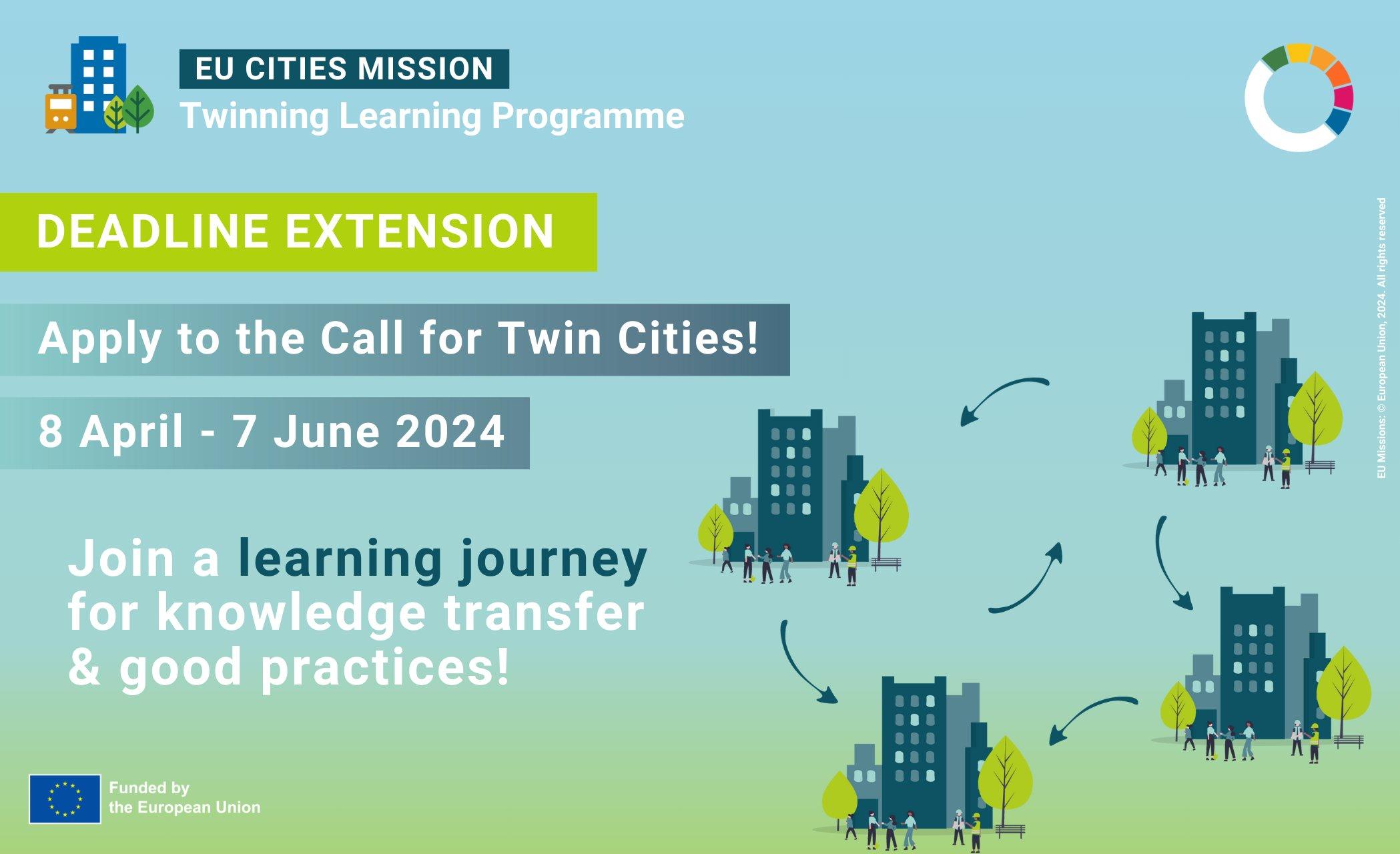
Deadline extension: application for the Cities Mission Twinning Learning Programme
Cities across the EU and Horizon Europe Associated Countries can now apply to join the EU Cities Mission’s Twinning Learning Programme. Facilitated by the NetZeroCities project, in which ERRIN is a partner, the Twinning Learning Programme will pair applicants with the second cohort of Pilot Cities, who act as innovation hubs to pursue activities related to rapid decarbonisation.
Cities are twinned according to common circumstances and challenges, allowing them to benefit from each other’s knowledge and experience. The cities accepted to the 20-month programme will also have access to world-class practitioners and experts to facilitate learning opportunities, as well as financial support for visits with their paired city. After completion, Twin Cities will embed their learnings from pilot activities across the city via an Action Plan.
Cities that are not already part of the Cities Mission or its ongoing Pilot and Twinning programmes can apply until 7 June 2024. Learn more about the call and how to apply here.
In September 2023, 40 cities from across Europe were announced as the first cohort of Twin Cities, of which 13 cities came from ERRIN member regions.
- Heidi Johansson
- 08/04/2024
-
Working Group
From Vision to Action: Co-Creating Rural Futures
The development and connectivity of rural areas, along with their interaction with urban regions, is a critical concern for Thuringia and many European regions. Over the past 10 years, the IBA Thüringen (International Construction Exhibition) has gained valuable experience in shaping rural spaces, which resulted in the attached position paper of IBA Thüringen. These experiences, combined with interdisciplinary research on rural areas at the Bauhaus University Weimar, strongly link to the values and principles of the New European Bauhaus. We aim to share our experiences and recommendations with other European regions and institutions to contribute to the discussion on future policy development. This is particularly relevant given the new commission's focus areas and the upcoming funding period from 2028-2035.
This event aims to initiate a co-design process in collaboration with like-minded European regions. We invite you to share your experiences, discuss, and contribute to the thematic topics of the World Café sessions: (1) Buildings as a Resource, (2) Mobility and Digitalisation, and (3) Community and Society. Your active participation and input, or that of your region, would be invaluable to this collaborative effort, so bring them to the table!
The results of the World Café will be shared with representatives from DG RTD, DG AGRI, and JRC, who will also engage with us in discussions about future developments at the European level.
The event's outcome will be the development of joint recommendations, demands, and ideas for the future development of rural spaces in Europe. These will provide valuable input for future discussions at the EU, national, and regional levels. Ideally, such co-designed action recommendations will serve as a concrete manifestation of the ten goals of the EU's Vision for Rural Areas and the associated EU Rural Pact, which European regions can endorse.
- 25/06/2024 - 14:30 - 25/06/2024 - 19:00
-
L42 Business Center
Rue de la Loi 42
1040 Brussels
Belgium - Annelie Zapfe
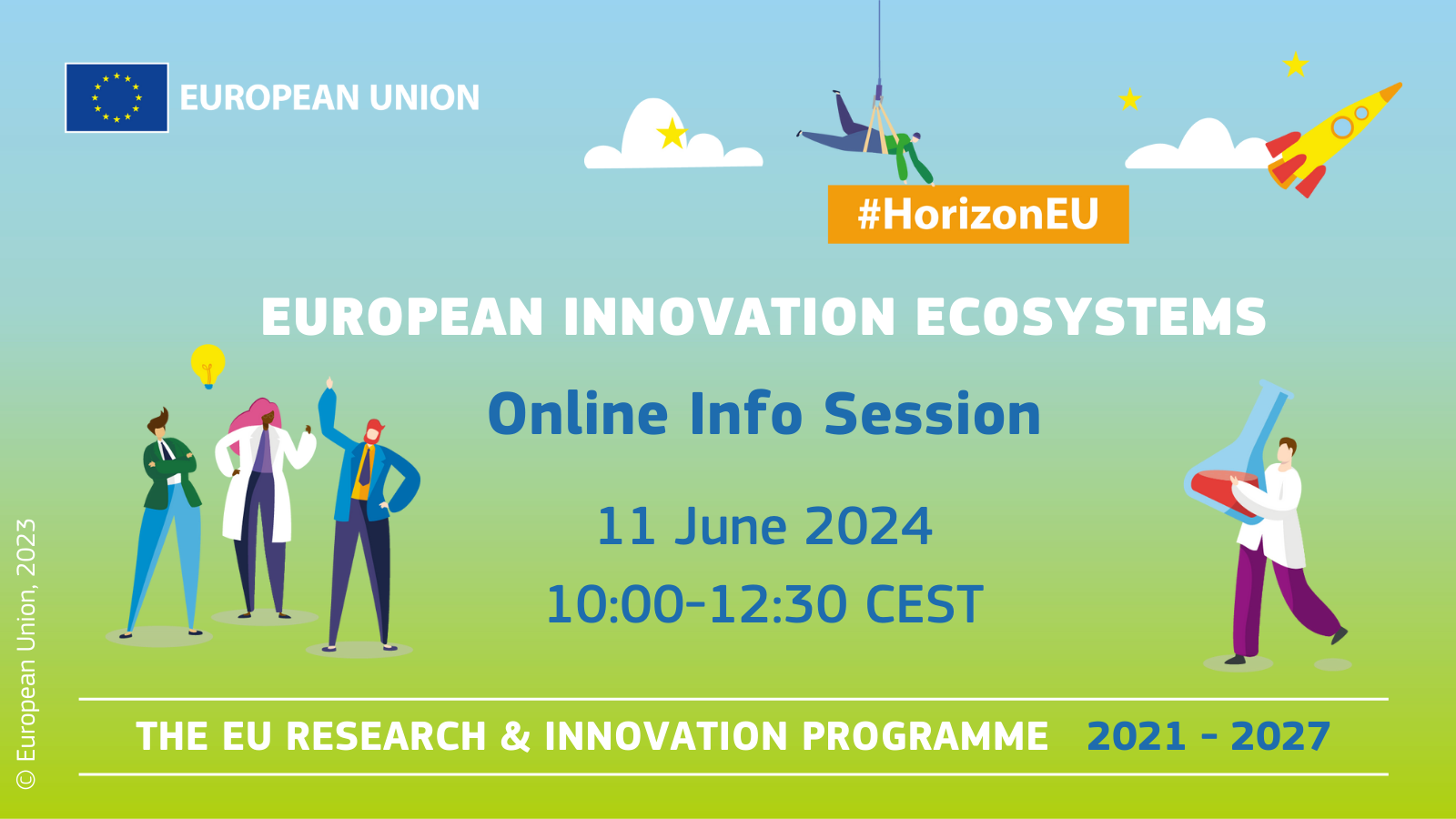
European Innovation Ecosystems - Online Info Session
On 11 June 2024 from 10:00-12:30, the European Innovation Council and SMEs Executive Agency (EISMEA) is organising an informative webinar to learn more about the following calls under the European Innovation Ecosystems (EIE) part of Horizon Europe:
- HORIZON-EIE-2024-CONNECT-02-01: Expanding Academia-Enterprise Collaborations
- HORIZON-EIE-2024-CONNECT-02-02: Mutual learning and support scheme for national and regional innovation programmes
Both calls are expected to open on 6 June and close on 19 September 2024.
ERRIN members and stakeholders may express interest and find partners to prepare proposals for both of the above calls via the Project Development Tool (with a few expressions of interest already submitted by members): HORIZON-EIE-2024-CONNECT-02-01 and HORIZON-EIE-2024-CONNECT-02-02 .
Find more webinar details, agenda and registration form here.
Registration will end on Sunday 9 June 2024, 12:00 CEST. You can already submit your questions for webinar speakers in Sli.do using the event code #EIE2024 .
- 11/06/2024 - 10:00 - 11/06/2024 - 12:30
- This meeting will take place online
- Ewa Chomicz
-
Working Group
Ewa Chomicz
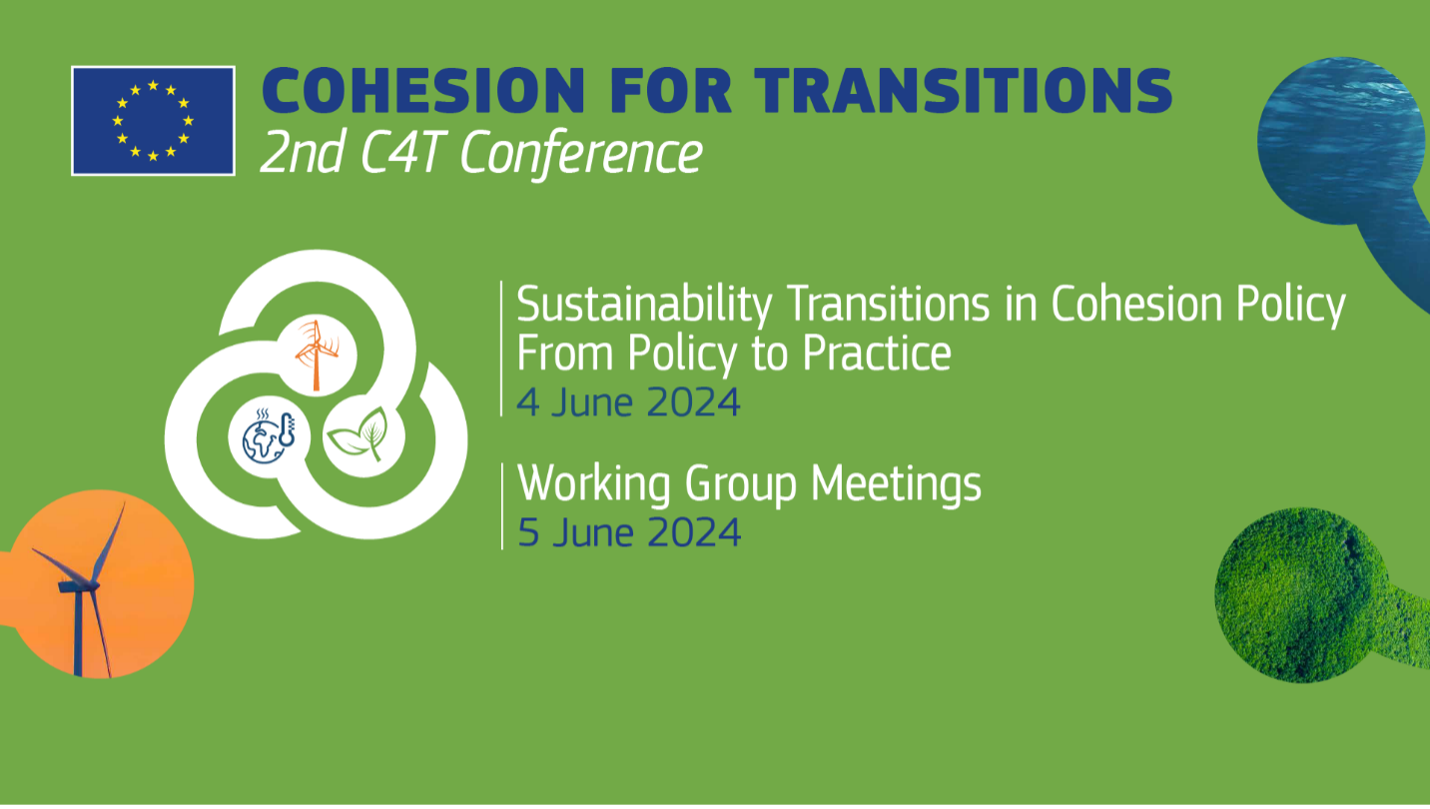
2nd C4T Conference: Sustainability Transitions in Cohesion Policy: From Policy to Practice
The C4T Community of Practice is a community-based platform that aims to support EU Member States and regions to make a better use of EU funds for sustainability transitions.
With this in mind, DG REGIO and the C4T Secretariat will be hosting the second edition of the C4T Conference, Sustainability Transitions in Cohesion Policy: From Policy to Practice, with the aim to bring together managing authorities, regions, local authorities and other stakeholders that are engaged in implementing investments financed by the European Regional and Development Fund (ERDF) and Cohesion Fund (CF) specifically under Policy Objective 2 (PO2) of Cohesion Policy “a greener, low carbon transitioning towards a net zero carbon economy” of the 2021-2027 period.
The conference will spotlight the pivotal role of local actors and civil society in shaping sustainability transitions. We will share compelling testimonies of transition solutions in practice, inspiring and guiding our collective efforts toward a greener, low-carbon economy.
We are dedicated to facilitating exchange between national, regional, and local stakeholders involved in implementing sustainability transitions investments with support from ERDF and CF, economic and social partners, representatives of the wider society and representatives of the European Commission.
More detailed information, including the complete agenda, speakers, and registration details are available here.
If you have questions about the event, please sent an email to: events@cohesion4transitions.eu
- 04/06/2024 - 09:00 - 04/06/2024 - 17:15
- This meeting will take place online
-
Atelier des Tanneurs
Rue des Tanneurs 60A
1000 Brussels
Belgium - Ewa Chomicz
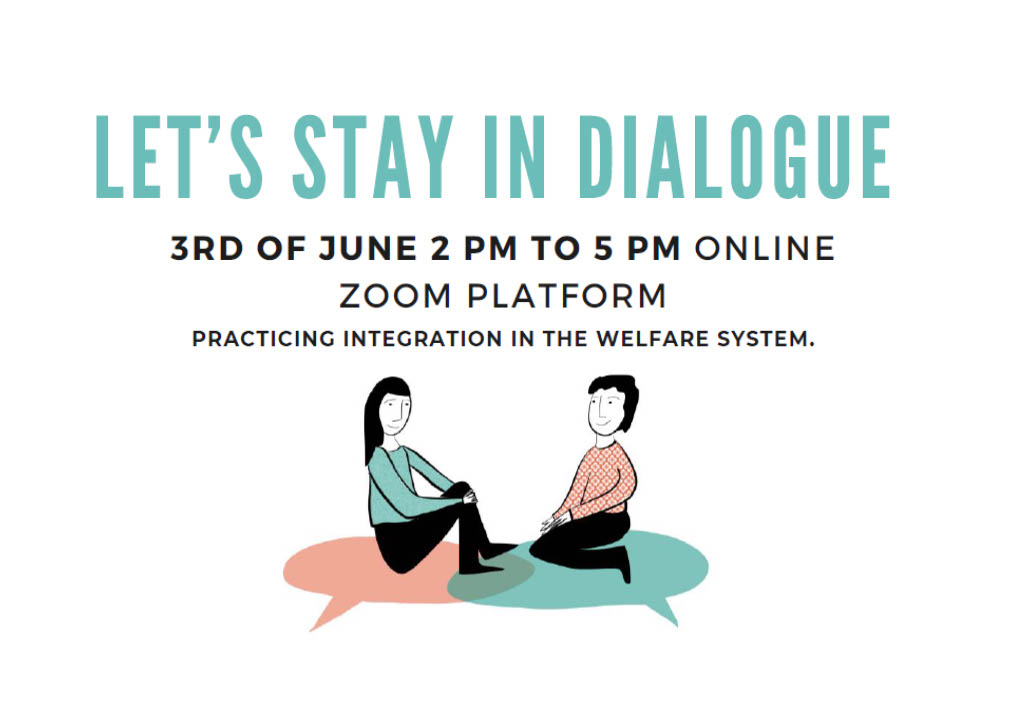
Let's stay in dialogue - practicing integration in the welfare systems
The dialogic approach is aimed at fostering a cultural change in how the organisation interacts with users, patients, and citizens, recognising the relational aspect as fundamental among all actors in the system.
The meeting is open to everyone and will be a moment to:
-Learn about and put into practice the dialogical approach
-Present the dialogical experiments that took place in various European countries, thanks to the Erasmus+ project Dialogical-
Work
-Discover and receive for free the e-manual “Our journey into dialogical approach”, produced during the Erasmus+ founded project.
To learn more about the event, click here.
To sign up, click here.
- 03/06/2024 - 14:00 - 03/06/2024 - 17:00
- This meeting will take place online
-
Regione Emilia-Romagna
viale A. Moro 30
40127 Bologna BO
Italy - Aki Ishiwa
-
Working Group

Showcase your EU-funded project at the ERA Conference on 18-19 September 2024
Would you like to showcase your EU-funded project to an audience of key European stakeholders? In preparation for the high-level European Commission ERA Conference on 18-19 September, INSPIRING ERA is looking for innovative and impactful projects that have made significant contributions to the European Research Area (ERA) under Actions within the current ERA Policy Agenda 2022-2024.
You are invited to nominate your project to participate in one or both the opportunities below:
- A one minute pre-recorded testimonial film by the Project Coordinator highlighting the results of your project over the past two years to serve as an inspiration on the relevance and impact of ERA for the broader R&I community. Recorded material will be used by the European Commission in a film showcasing ERA Policy Agenda successes of the past two years, which will be shown in conjunction with the conference. The films will also be presented on the ERA Policy Platform and INSPIRING ERA website.
- An exhibition at the ERA conference in Brussels on 18-19 September at which 16 selected projects will be showcased. Projects should be presented using creative and interactive formats (e.g. a quiz; photos/images; objects; short pitch) rather than a traditional poster.
If you would like to nominate your project to be considered for the above activities, please email info@inspiring-era.eu by 7 June with a brief description of your project and which activities you would be interested in participating in.
- Ewa Chomicz
- 30 May 2024
-
Deadline07 June 2024
